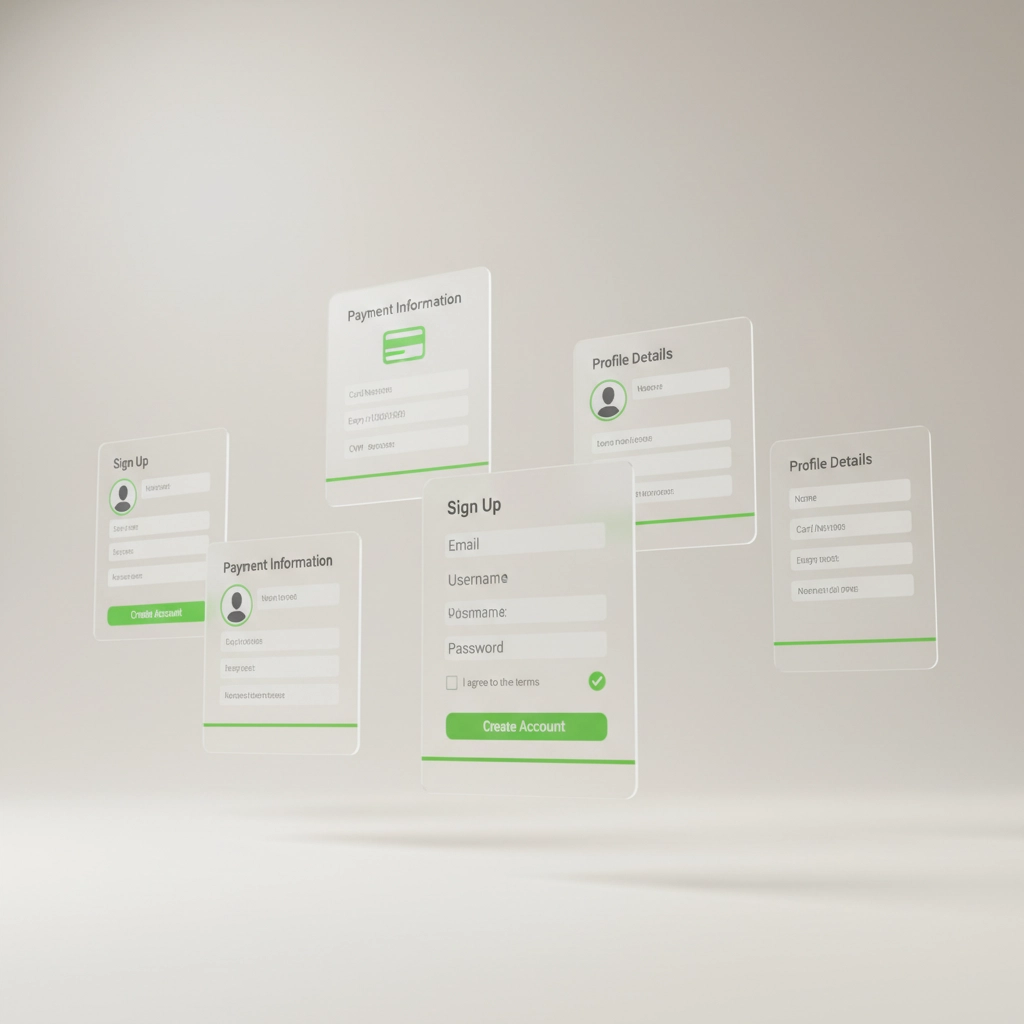Most small businesses think government contracts are reserved for massive corporations with endless resources… until they discover the goldmine of state-level opportunities sitting right in their backyard.
Here's what nobody tells you: state contracting isn't just accessible: it's often the smartest entry point into the government market. While everyone's fighting for federal contracts worth millions, savvy entrepreneurs are quietly building empires through state and local government work that pays faster, builds relationships, and creates the foundation for bigger opportunities down the road.
But here's the catch: being "ready" for state contracting isn't just about having a business license and a dream. It's about strategic preparation across five critical areas that separate the winners from the wannabes.
Why State Contracting Is Your Secret Weapon
Think about it: when was the last time your state government needed marketing services, web development, consulting, or operational support? The answer is probably yesterday, today, and tomorrow. State agencies are constantly seeking qualified vendors for everything from branding projects to digital transformation initiatives.

The beauty of state contracts lies in their accessibility. Unlike federal opportunities that require years of experience and complex certifications, state contracts often welcome newer businesses with fresh perspectives and innovative solutions. Payment cycles are typically faster: think 30-45 days instead of 90+ days: and contract sizes are more manageable for growing businesses.
Plus, success at the state level creates a compelling track record that opens doors to larger federal opportunities. It's like building your government contracting resume one project at a time, with real revenue flowing in while you learn the ropes.
The Five Pillars of Contracting Readiness
Past Performance: Your Government Street Cred
Government agencies live and breathe past performance. They want to see that you've successfully delivered projects, managed timelines, and satisfied clients. This doesn't mean you need years of government work: private sector success counts too.
Start documenting every project completion, client testimonial, and successful outcome. Create a portfolio that showcases your ability to deliver results on time and within budget. Even if you're newer to business, focus on building at least two years of solid project history across any sector.
Financial Strength: The Foundation of Trust
Cash flow is king in government contracting. Agencies need confidence that you won't disappear halfway through a project due to financial difficulties. Strong financials signal stability and professional management.
Focus on building consistent year-over-year revenue growth and maintaining positive cash flow. Government agencies often review financial statements as part of their vendor evaluation process, so clean books and healthy margins matter more than you might think.

Access to Capital: Your Safety Net
Government payments can be delayed, and contracts often require upfront investments in equipment, staff, or materials. Having access to capital through lines of credit, business loans, or other financial resources ensures you can manage these challenges without compromising project delivery.
Even a modest line of credit can make the difference between confidently bidding on opportunities and passing them by due to cash flow concerns.
Strategic Partnerships: Expanding Your Capabilities
No single business can excel at everything, and government contracts often require diverse skill sets. Building partnerships with complementary businesses creates powerful collaboration opportunities and expands your competitive capabilities.
Consider partnerships with companies that offer services you don't provide, businesses in different geographic areas, or firms with specialized expertise. These relationships often lead to joint ventures, subcontracting opportunities, and referrals that multiply your contracting potential.
Operational Efficiency: The Execution Advantage
Government contracts come with serious documentation, reporting, and compliance requirements. An organized operation with solid administrative processes demonstrates your ability to handle these demands professionally.
This means having systems for project management, financial tracking, document storage, and client communication. Government agencies want partners who can handle complexity without dropping balls or missing deadlines.
Getting Registered and Ready
Before you can compete for state contracts, you'll need to complete several registration processes. Start with obtaining a DUNS number: a unique nine-digit identifier for your business: and registering in SAM (System for Award Management).
Each state has its own vendor registration platform. Georgia uses Team Georgia, while other states have different systems. Research your target state's specific requirements and complete their registration process thoroughly.

Don't rush this step. Take time to understand your state's procurement rules, evaluation criteria, and vendor requirements. Some states have specific preferences for small businesses, minority-owned enterprises, or veteran-owned companies that could work in your favor.
Mastering the Proposal Game
Winning state contracts requires more than just technical capabilities: you need to excel at proposal writing. Government RFPs (Request for Proposals) are detailed documents with specific requirements, evaluation criteria, and submission guidelines.
Successful proposals align your capabilities directly with project goals, demonstrate clear understanding of requirements, and present competitive pricing. Study each RFP carefully, follow instructions precisely, and craft responses that show how your business uniquely meets the state's needs.
Remember: government agencies are risk-averse. Your proposal should reduce their perceived risk by showcasing reliability, expertise, and proven results.
Your State Contracting Action Plan
Ready to get started? Begin with market research on your state's procurement opportunities and spending patterns. Many states publish annual procurement reports showing where they spend money and what types of services they need most frequently.

Start small and build your track record. Look for contracts in the $10,000-$50,000 range initially, then gradually pursue larger opportunities as you gain experience and credibility. Each successful project becomes a reference for the next opportunity.
Network within the government contracting community. Attend procurement conferences, join contractor associations, and build relationships with agency personnel and other vendors. The government contracting world is surprisingly relationship-driven.
The ChaseDaddy Advantage
At ChaseDaddy.com, we understand the unique challenges of preparing for government contracting. Our comprehensive marketing and operational services help businesses build the professional presence and systematic processes that government agencies expect from their vendors.
From professional branding that builds credibility to operational CRM systems that manage complex projects, we help businesses develop the infrastructure needed for government contracting success.
Taking the Next Step
State contracting represents one of the most accessible paths to stable, recurring revenue for service-based businesses. The key is honest self-assessment of your current readiness across these five critical areas and strategic investment in strengthening any weaknesses.
Government agencies need innovative solutions from reliable partners. If you can deliver results consistently while managing the administrative requirements professionally, state contracting can transform your business trajectory.
The question isn't whether opportunities exist: they do, in abundance. The question is whether you're ready to seize them systematically and professionally. With proper preparation across financial strength, operational efficiency, and relationship building, your business can compete effectively in this lucrative market.
Start today by researching your state's procurement opportunities and evaluating your readiness across these five pillars. Government contracting success begins with preparation, and the best time to start preparing is now.

